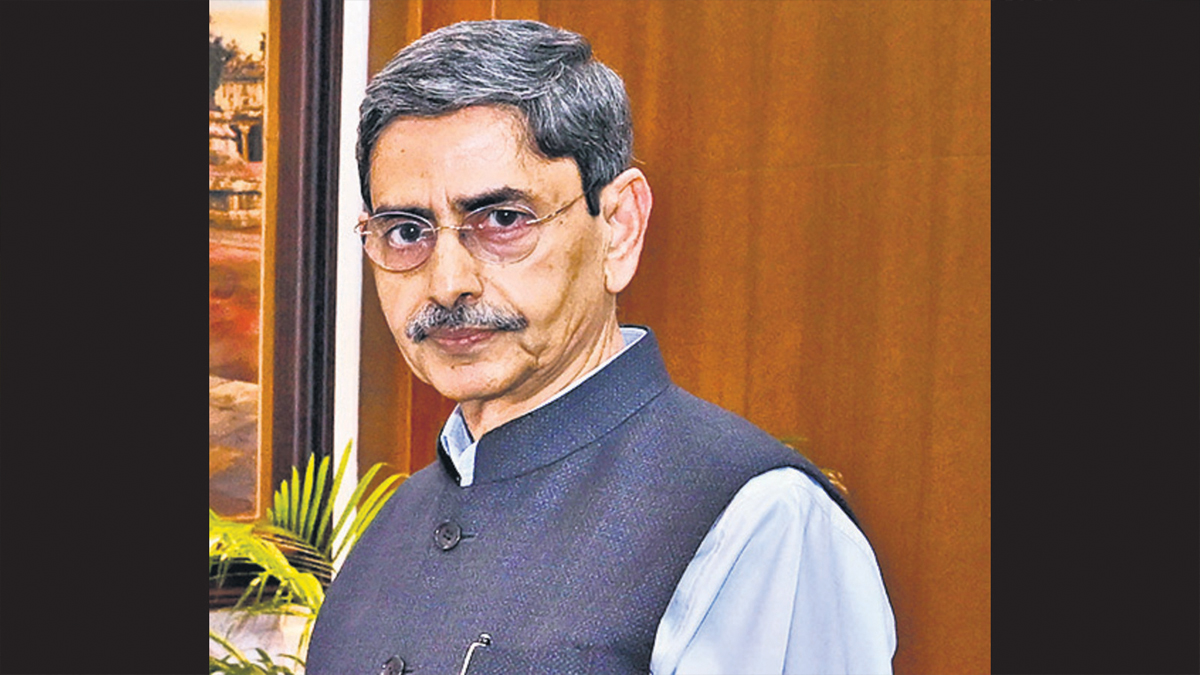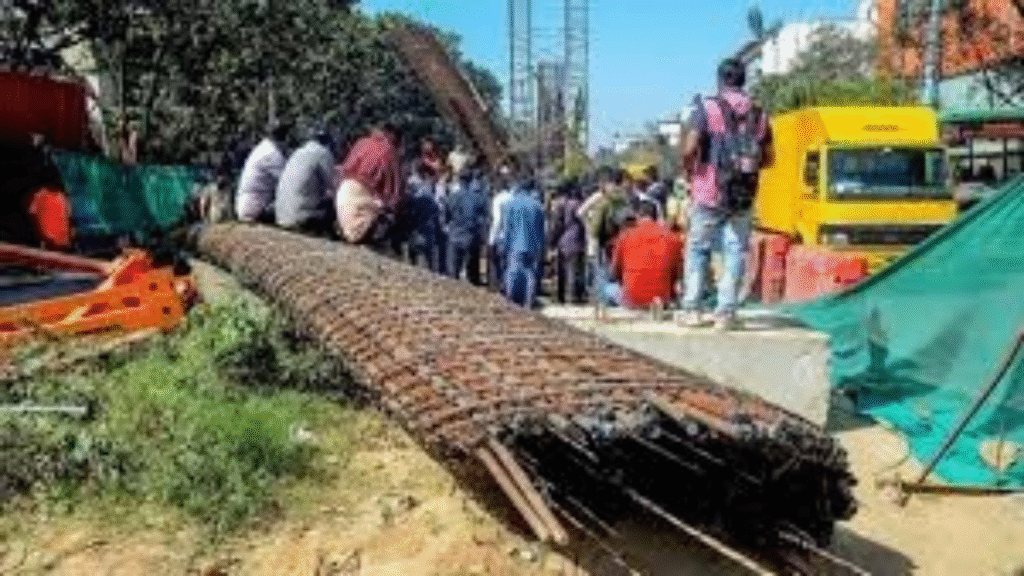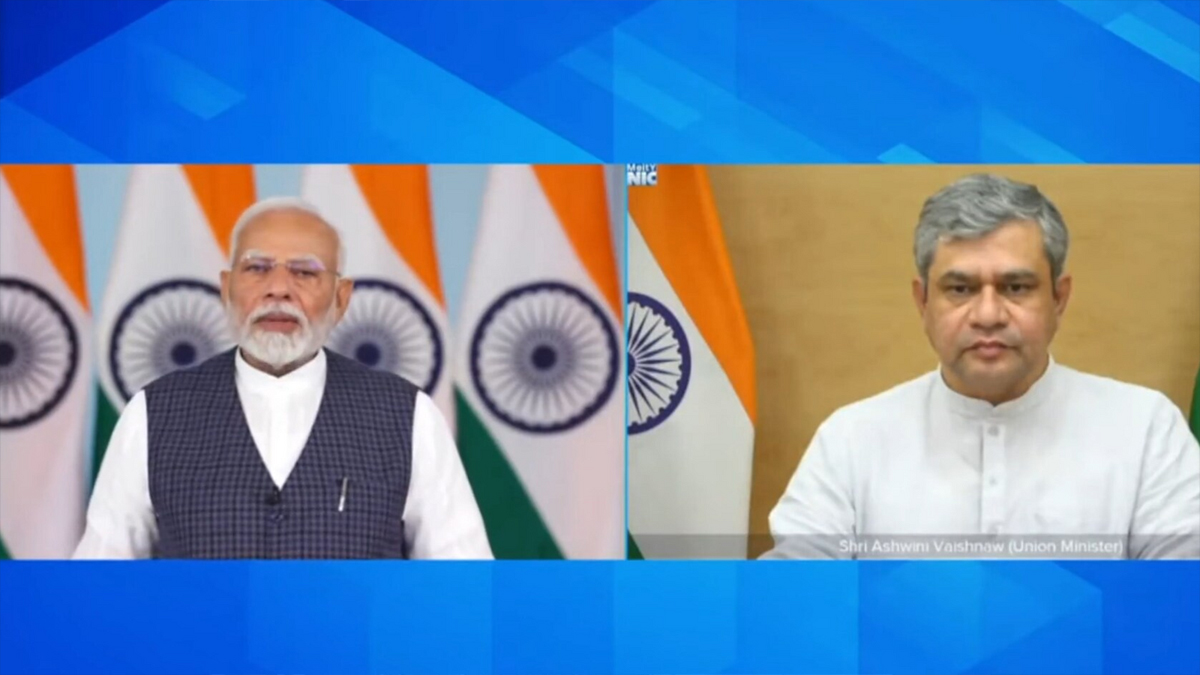Now Reading: Chezhiaan: Vice-Chancellors’ Absence Not Automatically Government’s Fault
-
01
Chezhiaan: Vice-Chancellors’ Absence Not Automatically Government’s Fault
Chezhiaan: Vice-Chancellors’ Absence Not Automatically Government’s Fault

Minister Govi Chezhiaan‘s recent statement questioning the blame directed at the government following the absence of several vice-chancellors from a crucial meeting has ignited a debate on administrative accountability and university autonomy. The minister’s remarks suggest a shift in focus, urging observers to scrutinize the reasons behind the vice-chancellors’ non-attendance rather than automatically attributing it to governmental shortcomings.
Chezhiaan’s stance implies a belief that the government’s role is to convene and facilitate, not to enforce participation. He highlights the importance of understanding the individual circumstances that may have prevented the vice-chancellors from attending, such as prior commitments, health issues, or logistical challenges. By emphasizing these potential factors, the minister aims to broaden the scope of the discussion beyond a simple accusation of governmental failure.
Furthermore, the minister’s statement implicitly raises questions about the balance between governmental oversight and institutional independence. He suggests that vice-chancellors, as leaders of autonomous institutions, should be held accountable for their decisions, including their attendance at official meetings. This perspective underscores the notion that universities, while receiving public funding, retain a degree of self-governance, which includes the responsibility to engage with government initiatives.
However, Chezhiaan’s position also acknowledges the potential for legitimate grievances or concerns that might have led to the vice-chancellors’ absence. He calls for open communication and dialogue, emphasizing the need to address any underlying issues that could be hindering effective collaboration between the government and universities. This approach seeks to foster a constructive relationship based on mutual respect and understanding, rather than resorting to blame and recrimination.
In essence, Minister Chezhiaan’s statement serves as a call for a nuanced examination of the situation, urging stakeholders to move beyond simplistic attributions of blame. He advocates for a more comprehensive understanding of the factors influencing the vice-chancellors’ absence, while simultaneously reinforcing the importance of accountability and open communication in fostering a productive partnership between the government and higher education institutions.










